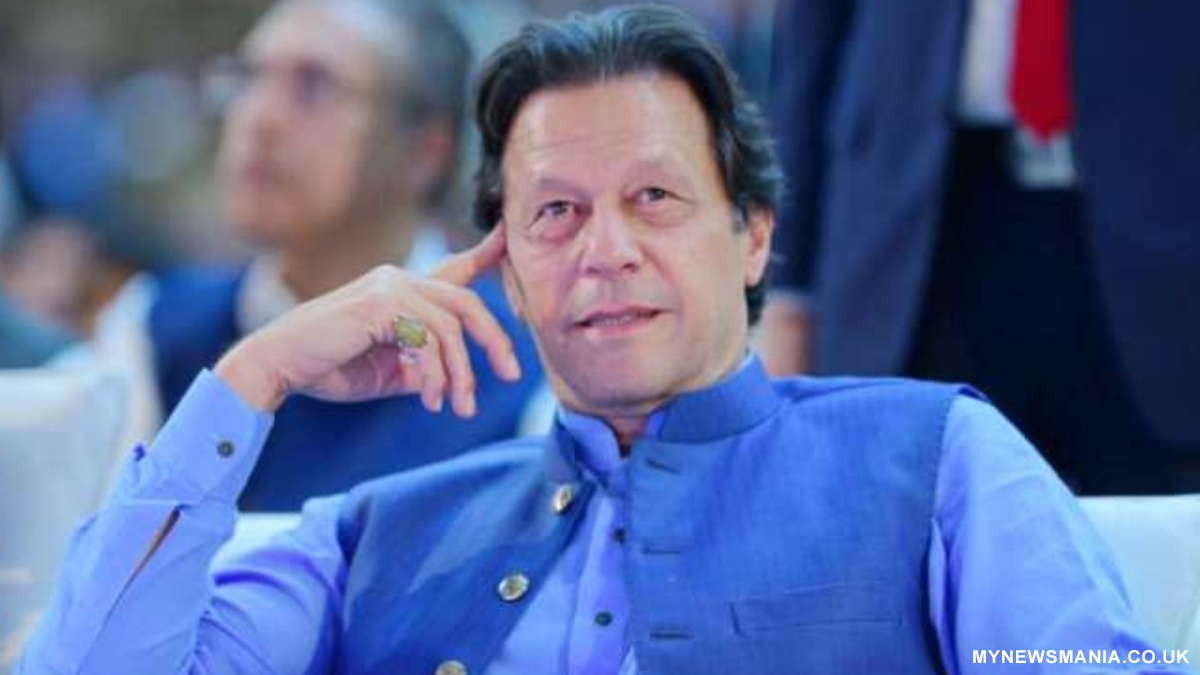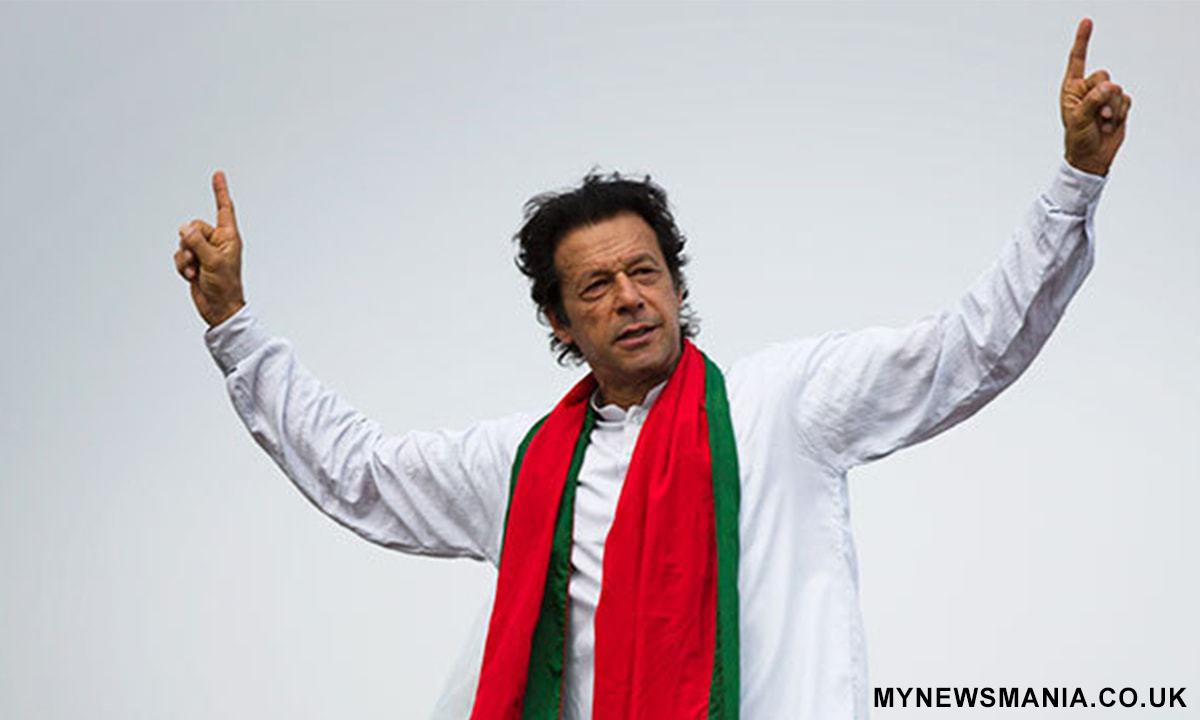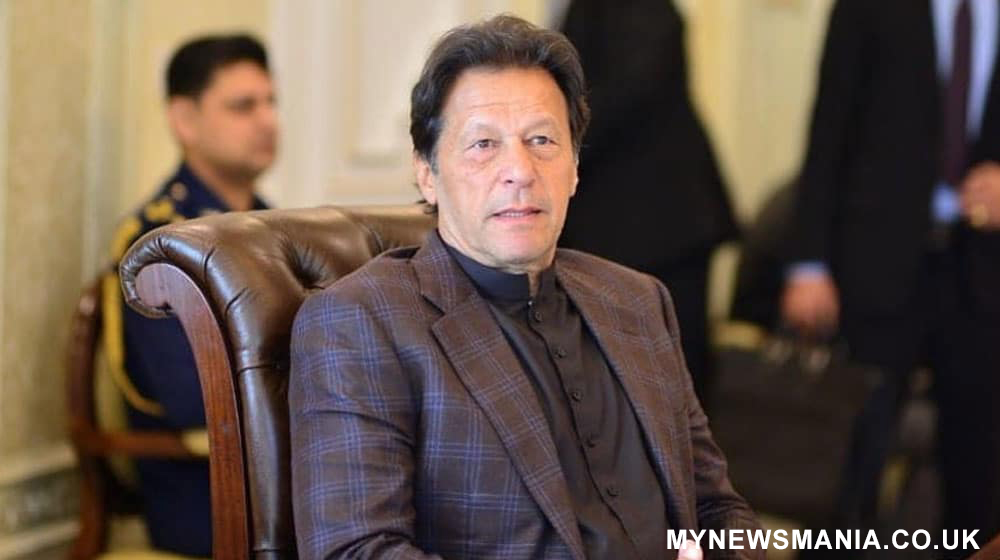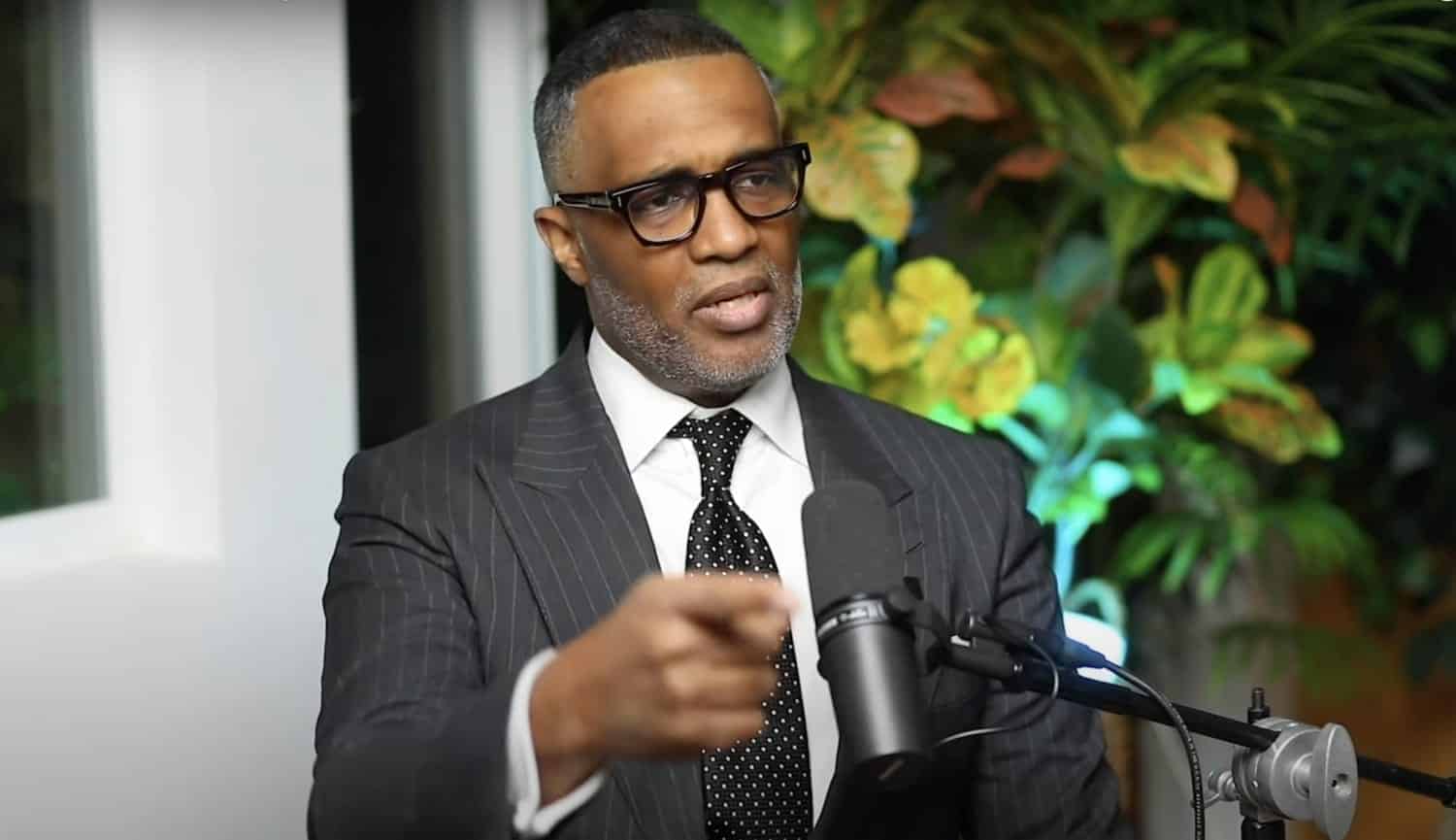Celebrity
Imran Khan: Legend in Cricket & Politics

Imran Khan, born on October 5, 1952, in Lahore, Pakistan, is a globally recognized figure who has left an indelible mark on sports, politics, and social activism. Known initially for his legendary cricket career, Khan later transitioned into a political leader, becoming the 22nd Prime Minister of Pakistan. His life is a testament to resilience, leadership, and a commitment to his country’s welfare.
Early Life and Education of Imran Khan

Imran Khan hailed from an affluent Pashtun family with a solid educational background. He attended Aitchison College in Lahore and later enrolled at the Royal Grammar School in Worcester, England. Khan continued his higher education at Keble College, Oxford, where he studied Philosophy, Politics, and Economics, graduating in 1975. During his time at Oxford, Khan’s passion for cricket flourished, laying the foundation for his future career.
Cricketing Career
Imran Khan’s cricket career is legendary. At 18, he debuted for Pakistan’s national cricket team in 1971. Over the next two decades, he established himself as one of the finest all-rounders in the sport’s history.
- Captaincy and 1992 World Cup Win: Imran Khan’s most significant achievement in cricket came when he led Pakistan to its first-ever World Cup victory in 1992. His leadership during the tournament was exemplary, particularly his famous speech urging his team to fight like “cornered tigers,” which has since become iconic in Pakistani cricket folklore.
- Playing Style: Khan was known for his fast bowling, which was aggressive and precise, and his ability to swing the ball both ways. He was equally formidable as a batsman, known for his calm demeanor and ability to anchor innings under pressure.
- Retirement: Khan retired from cricket after the 1992 World Cup but returned briefly to play in a few matches before retiring for good in 1992. His cricketing legacy is celebrated for his achievements and for inspiring a generation of cricketers in Pakistan and worldwide.
Transition to Politics

After retiring from cricket, Imran Khan shifted his focus to social and political causes in Pakistan. He founded the Pakistan Tehreek-e-Insaf (PTI) in 1996, a political party with a vision of creating a welfare state based on the principles of Islam and justice.
- Struggles and Persistence: PTI initially struggled to gain significant traction in Pakistan’s political landscape, in which established parties dominate. Khan spent years campaigning against corruption, advocating for judicial independence, and promoting human development. Despite setbacks, his persistence began to bear fruit as PTI started gaining popularity, particularly among the youth.
- 2018 General Elections: After years of political perseverance, Khan’s PTI emerged as the largest party in the 2018 general elections. On August 18, 2018, Imran Khan was sworn in as the 22nd Prime Minister of Pakistan. His election was a victory for anti-corruption efforts and the desire for a “Naya Pakistan” (New Pakistan).
Prime Ministership

As Prime Minister, Imran Khan faced the daunting task of addressing Pakistan’s myriad challenges, including economic instability, corruption, and social inequality.
- Economic Reforms: Khan’s government undertook several economic reforms to stabilize the economy, secure loans from international organizations like the International Monetary Fund (IMF), and promote austerity measures. His administration also focused on improving tax collection and reducing the fiscal deficit.
- Foreign Policy: Imran Khan’s foreign policy was marked by efforts to improve relations with neighboring countries, particularly India and Afghanistan while maintaining a strategic partnership with China. His government also played a crucial role in the Afghan peace process, facilitating dialogue between the United States and the Taliban.
- Social Welfare Initiatives: Khan’s government launched several social welfare programs, such as the Ehsaas Program, which aimed to alleviate poverty and provide financial assistance to the underprivileged. The government also focused on health reforms, including the Sehat Sahulat Program, which provided health insurance to low-income families.
- Challenges and Criticisms: Despite his achievements, Khan’s tenure as Prime Minister was not without controversy. His government faced criticism for handling the economy, the rising inflation, and the perceived suppression of political dissent. Critics also pointed to his administration’s struggle to deliver on some ambitious promises, particularly in education and employment.
Philanthropy and Social Work of Imran Khan
Even before his political career, Imran Khan was deeply involved in philanthropy. In 1994, he founded the Shaukat Khanum Memorial Cancer Hospital & Research Centre, named after his mother, who died of cancer. This hospital is one of the region’s largest and most well-equipped cancer centers and provides most patients free treatment.
Khan also established Namal University in Mianwali, which aims to provide quality higher education to students from rural areas.
Personal Life
Imran Khan’s personal life has often been in the spotlight. He was married three times: first to British socialite Jemima Goldsmith in 1995, with whom he has two sons, then to journalist Reham Khan in 2015, and currently to Bushra Bibi since 2018. His personal life has been the subject of much media attention, particularly in the context of his marriages and divorces.
Legacy and Influence of Imran Khan
Imran Khan’s legacy is multifaceted. As a cricketer, he is remembered as one of the sport’s greats, particularly for his leadership and all-rounder capabilities. As a politician, his journey from a sports icon to the Prime Minister of Pakistan is inspirational, marked by resilience and a steadfast commitment to his vision for the country.
Khan’s impact extends beyond Pakistan. He is often cited as a role model in the Muslim world for his ability to combine modernity with tradition, and his efforts in promoting education, health, and social justice are recognized globally.
Conclusion
Imran Khan remains a towering figure in Pakistan’s history and is celebrated for his contributions to sports, politics, and philanthropy. His life is a testament to the power of perseverance, the importance of leadership, and the enduring impact of a commitment to social change. Whether remembered as a cricket legend, a political leader, or a philanthropist, Imran Khan’s legacy is one of transformation and hope for future generations.
Celebrity
Kevin Samuels Net Worth: A Comprehensive Look at His Wealth
Celebrity
Bobbi Althoff Net Worth: How She Rose to Fame and Built Her Fortune
Celebrity
Taelyn Dobson: The Life and Family of the Little-Known Carter Sister

Taelyn Dobson may not be as well known as her famous half-brothers Nick and Aaron Carter, but she’s still an interesting character. As the half-sister of two pop stars, Taelyn has attracted a lot of attention. In this article, you’ll learn more about Taelyn Dobson, her connection to the Carter family, and her role in this famous family. We’ll also take a look at some little-known facts about her life and why she stays out of the spotlight.
Who is Taelyn Dobson?
Taelyn Dobson is best known as the half-sister of Nick and Aaron Carter. Nick Carter is the lead singer of the famous boy band Backstreet Boys, and Aaron Carter rose to fame as a teen pop star. Taelyn came into the family when her mother Ginger Elrod married Robert Gene Carter – Nick and Aaron’s father. Through this marriage, Taelyn became a part of the Carter family.
Unlike her famous brothers, Taelyn lives a very private life. She avoids the spotlight and rarely appears in public.
The role of Taelyn in the Carter family
The Carter family has been famous for years, mainly because of Nick and Aaron. The family’s history has often been in the headlines, be it for successes or problems. Taelyn has always played a supportive role. While her brothers pursued careers in the spotlight, she preferred to protect her privacy and stay away from the public eye.
Taelyn grew up with her siblings Nick, Aaron, Bobbie Jean, Leslie (who passed away in 2012) and Angel. She is an important support for the family and helps keep it together, especially during difficult times.
Childhood and early life
Taelyn’s childhood was a mix of normal family life and the world of fame that was shaped by her brothers. Nick rose to fame in the 1990s with the Backstreet Boys, and Aaron started his music career at a young age. Despite the hype surrounding her brothers, Taelyn kept her own life in the background.
While Nick and Aaron were often the center of attention, Taelyn focused on her own interests and stayed out of the public eye. This helped her live a calmer life, even when things got hectic around her.
Family Relationships: Taelyn’s Bond with Her Siblings
The Carter family has often faced difficult times. Taelyn has always supported her siblings, especially during crises. When her sister Leslie passed away in 2012, Taelyn helped the family cope with the loss. Even when Aaron Carter struggled with health issues and addictions, Taelyn was a strong support – even if she never spoke publicly.
Nick Carter often talks about the importance of family. Although he doesn’t talk much about Taelyn in interviews, it’s obvious that family plays an important role in his life. Taelyn is considered the person who always has the Carter siblings’ backs.
Why does Taelyn Dobson stay out of the public eye?
Taelyn made a conscious decision not to pursue a career in show business. This allowed her to maintain her privacy and avoid the challenges that come with fame. She doesn’t appear on social media or give interviews – and that’s exactly what makes her so mysterious.
Perhaps Taelyn learned from her brothers’ experiences that life in the spotlight also comes with a lot of pressure, and she wanted to live a life that she could control, without the expectations and stress that fame brings.
Taelyn’s influence on the Carter family
Even though she stays in the background, Taelyn Dobson has a huge influence on her family. In a family that is often in the public eye, it is important to have someone who offers calm and support. That is exactly what Taelyn does – she is there for her family, through good times and bad.
Nick and Aaron both struggle with the challenges of fame, and in this situation, Taelyn has helped the family by giving them a sense of normalcy and acting as a calm support system.
Little-known facts about Taelyn Dobson
- Supportive Sister: Taelyn is always there for her siblings, especially in difficult times. Her silent support gives strength to the family.
- Private life: She avoids the limelight and prefers to keep her life private.
- Family-oriented: Taelyn is very family-oriented and places a lot of value on her relationships with her siblings.
- Far from the public eye: Although she is part of a famous family, there are hardly any public appearances or information about her.
The Legacy of the Carter Family and Taelyn’s Position
The Carter family is known for its success in the music business, but also for many public struggles. Nick Carter became world famous as part of the Backstreet Boys, and Aaron Carter enjoyed success as a teen star. But fame also brings problems, such as financial difficulties and personal crises.
In this environment, Taelyn is different. She consciously chose to live a life away from the spotlight. This allowed her to avoid many of the problems her siblings had to deal with and live a life that was just hers.
How is Taelyn different from her siblings?
Nick and Aaron Carter have pursued careers in show business and have been in the headlines time and again. Taelyn, on the other hand, has never sought fame. She lives her life away from cameras and social media, thus staying away from the controversies that often come with fame.
Nick has had both positive and negative experiences in the spotlight, and Aaron has struggled with many personal challenges. Taelyn is a rock for her siblings and shows that you can live a quiet life even in a famous family.
Taelyn’s life today
There is little information about what Taelyn Dobson is doing today. She continues to live a very private life, having no public social media profiles and not appearing in public. This decision has allowed her to live a life on her own terms, away from the celebrity culture that surrounds the rest of her family.
Conclusion: Taelyn Dobson – A quiet life in a famous family
Taelyn Dobson may not be a household name, but as part of the Carter family, she has an important role. While her brothers Nick and Aaron sought the spotlight, Taelyn chose to live a private life and stay out of the entertainment industry. Her quiet support for her family makes her an important, if little-known, figure in the Carters’ story.
-

 News5 months ago
News5 months agoBrooke Tilli – Bio, Age, Relationships, Career, Net Worth, and Boyfriend
-

 Celebrity4 months ago
Celebrity4 months agoPedro Vaz Paulo: A Life of Redemption
-

 Celebrity4 months ago
Celebrity4 months agoBurak Deniz: The Turkish Heart-Throb
-

 Tech5 months ago
Tech5 months agoCloud Computing: Enabling IT Innovation
-

 News5 months ago
News5 months agoDefine a Offshore Accident Lawyer
-

 Tech4 months ago
Tech4 months agoSaaS Integration: Cloud-Based Software
-

 Business4 months ago
Business4 months agoJanitor AI: Future of Auto Maintenance
-

 News5 months ago
News5 months agoAI Deepfake Threaten to Global Elections. No One Can Stop Them.






